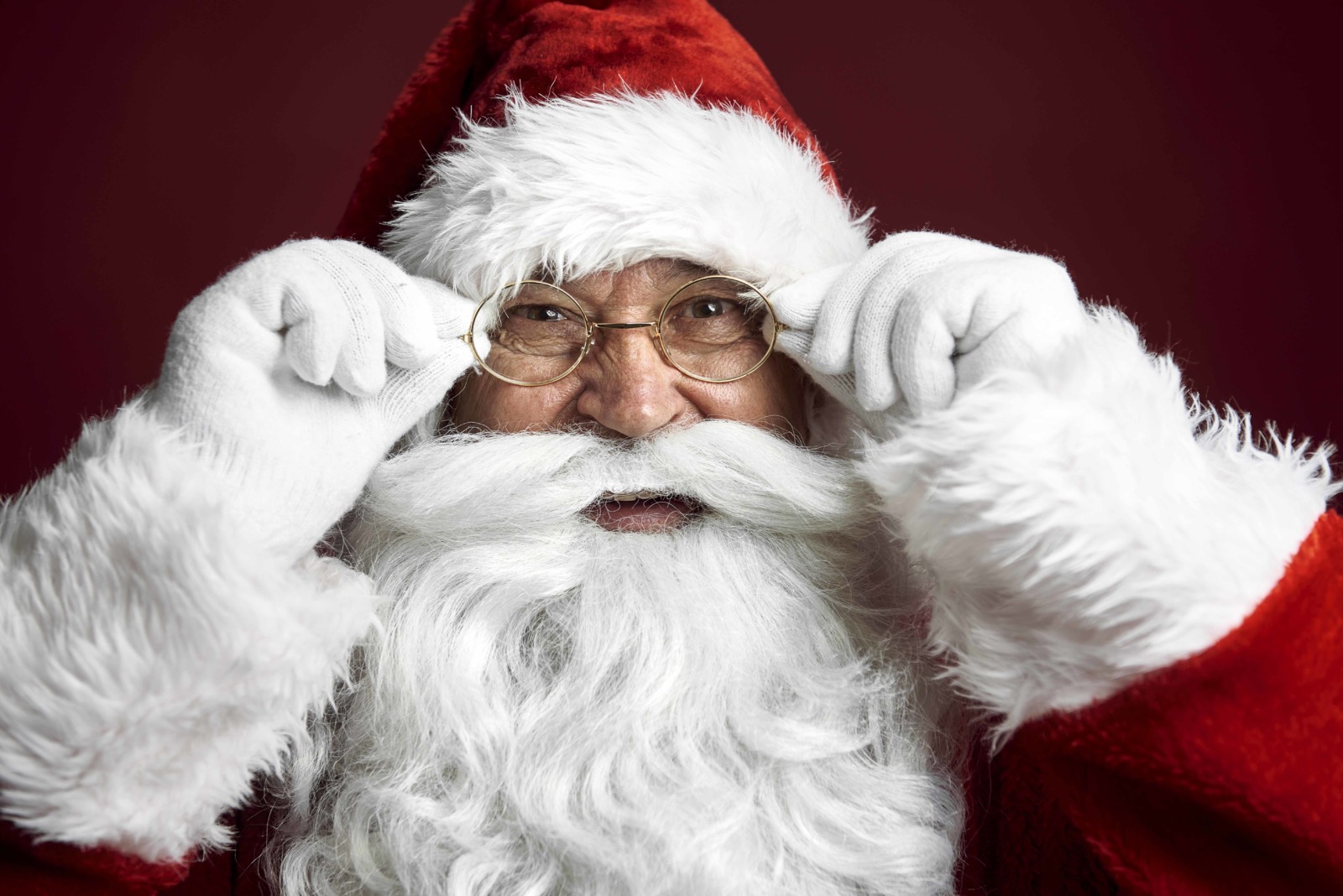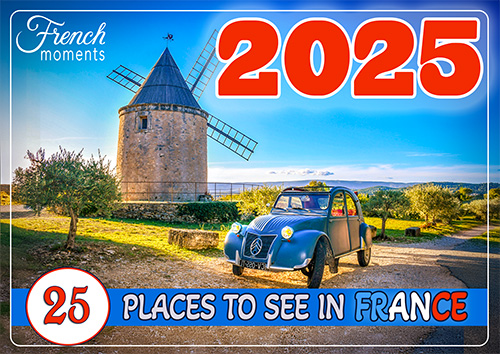Everyone in France knows the only French secular song “Petit Papa Noël”. Grandparents, parents, children… everyone has listened to it over and over again in their younger years at Christmas time. However, it is not such an old song. In this article, we will learn more about its origin, which dates back to the Second World War.
Christmas songs about Santa Claus
Since the end of the 19th century, there have been dozens of Christmas carols with Santa Claus as a reference:
- Santa Claus is comin’ to town (1934)
- The Christmas song (1945)
- I saw Mommy kissing Santa Claus (1952)
- Santa Baby (1953)
- I believe in Santa Claus (1974)
- All I want for Christmas (1994)
The first songs about Santa Claus emerged in the second half of the 19th century in America.
For instance, two songs appeared in the 1860s “Up on the House Top” by Benjamin Hanby and Emily Huntington Miller’s “Jolly Old Saint-Nicholas”.

The origins of the song “Petit Papa Noël”
“Petit Papa Noël” is a song written in 1944, during the Second World War.
But this version is not the same as the one the French know today. The lyrics of the original version were the prayer of a child expressing his wish to see his father return from Germany. The music accompanied a theatrical revue entitled “Ça reviendra”, composed by Henri Martinet and sung by Xavier Lemercier. The German Occupation deemed the revue unsuitable and quickly deprogrammed it.
The song reappeared after the Liberation in 1946
In 1946, the director Richard Pottier was working on his film “Destins” in which Tino Rossi was to sing a gospel with a group of black American singers. However, the group cancelled their participation and the director had to find an alternative, i.e. another Christmas song.
The singer Tino Rossi (1907-1983) came up with the idea of rewriting the lyrics of the 1944 song, hence removing all references to the war. He thus created “Petit Papa Noël”.
The only French secular song
Actually, the song came at the right time when France was rebuilding itself in the aftermath of World War II. The new Minister of Public Education, Marcel-Edmond Naegelen (a native of Belfort) tried to put an end to the introduction of religious songs in public schools, which had been introduced by the fallen Vichy regime.
This explains why this song, which is similar to real prayer, is to this day the only secular hymn in French.
Moreover, in those days of rationing and deprivation, the phrase
“Quand tu descendras du ciel avec des jouets par milliers”
(When you come down from heaven with toys by the thousands)
was a foretaste of the commercial Christmas frenzy that would occur in the decades to come.
A song at a crossroads of Christmas traditions
I suggest you watch this video of Tino Rossi singing Petit Papa Noël in 1946:
The beginning of the music video is quite vintage with its black and white recording, the beautifully lit Christmas tree and the cosy fireplace. It is an idealised interior that most French families did not have because, remember, the video dates from 1946, one year after the end of the Second World War.
It is, therefore, the home of a well-to-do family. Then we discover a Tino Rossi playing a family father with a cigarette in his mouth and a bottle of red wine on the table. The mother is slumped nonchalantly on her sofa. Their little child wakes up in the evening crying after a nightmare. It’s a pretty depressing Christmas, isn’t it?
In 2021, this clip of Little Santa Claus appears not only “retro” but 100 leagues away from the joyful and cheerful Christmas atmosphere that the media and businesses portray…
Because let’s remember – and let’s remind ourselves one last time – we are in 1946 in a France that is still stunned by the horrors of war!
Santa vs. the Nativity
But the video clip ends with a somewhat anachronistic scene for a secular song honouring Father Christmas.
It shows the crowd crowding in front of a Christmas Nativity scene, in a posture of adoration. Let’s remember that at that time, the Petit Jésus was still the distributor of Christmas presents.
Was this a final scene to revive the French Christmas tradition of the time? Or was it to curry favour with the Catholic Church, which did not see Father Christmas as a saint?
In any case, it is an image that is unlikely to be repeated today, as the Christmas Nativity scene is associated with the religious meaning of Christmas.
Putting the video clip in the context of the film
Of course, these comments are derived from the viewing of the video clip alone and do not take into account the general context of the film.
However, it is interesting to note that at no point in the video clip does Father Christmas appear. In 1946 he was even more mysterious than today, especially in France where little is known about him.
Petit Papa Noël: A Popular Hit!
Few people know it in France, but “Petit Papa Noël” is by far the biggest commercial success of French songs.
It is the best-selling French record of all time: over 80 million records sold.
In addition to this, there are an impressive number of radio broadcasts and retransmissions in public places (especially shops!). Moreover, the success of the song does not stop at the borders of France. “Petit Papa Noël” has been translated into many languages and exported to many countries.
But strangely enough, the song has only been relatively successful in English-speaking countries (England and the United States) and although a sung translation exists in English, it is not at all widely used.

Covers of Petit Papa Noël
Many artists have also performed Petit Papa Noël, including Dalida, Mireille Mathieu, Nana Mouskouri, Claude François, Michèle Torr, Dorothée, Henri Dès, Céline Dion, Roch Voisine, Josh Groban, Roberto Alagna, the Red Army Choir…
Find out more about Christmas in France!
- The formidable story of Santa Claus in France
- The most beautiful Christmas carols in France
- The Little Drummer Boy – L’enfant au tambour: the story of the song
- Read about Christmas in France on our French blog
Pin it for later!







Thanks for this lovely article 🙂
I believe “Petit papa Noël” is such a special song that reminds us of the child we all have in ourselves.
You’re welcome! 👋
Un seul mot : Bravo!!
Gramaci ! 👋
This is a ‘must learn’ song when you are a kid …. I still remember my grand father teaching me to sing it before to go to bed on Christmas eve, and if we had sung it well together then, the following morning, presents were under the tree.
What a nice Christmas tradition! 👍